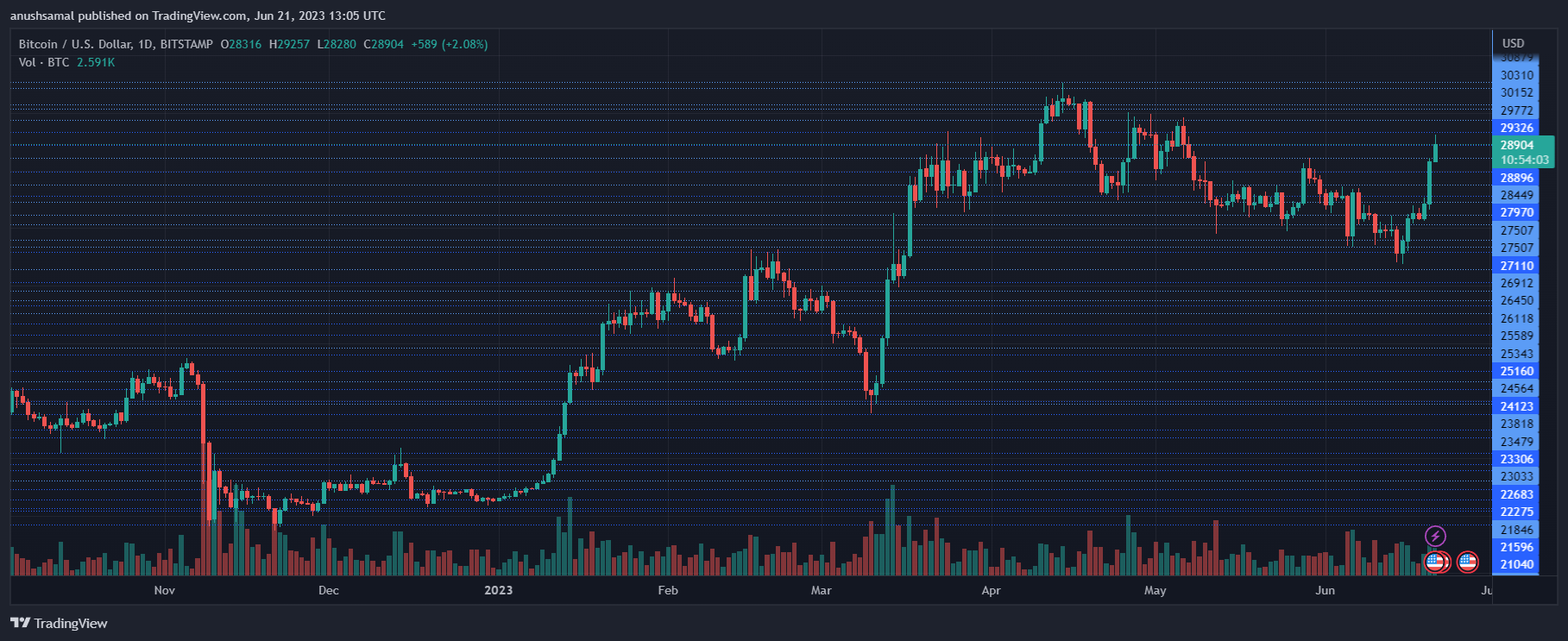- June 21, 2023
- Posted by: admin
- Category: BitCoin, Blockchain, Cryptocurrency, Investments
Crypto trading service providers are allegedly resorting to the use of “fictitious” regulatory bodies in order to enhance their credibility. Consequently, Canadian citizens are now being urged to exercise caution and thoroughly verify the authenticity of such platforms.
The Canadian Securities Administrators (CSA), which consists of provincial and territorial securities regulators in Canada, has issued a warning to investors regarding crypto companies that falsely claim to be authorized by non-existent regulatory or dispute-resolution organizations.
The Canadian Securities Administrators stated:
The websites appear to be credible at first glance, with references to complaint processing, dispute resolution and providing redress to aggrieved investors. But upon closer inspection, the websites’ language can be awkward and unpolished, with errors in spelling, grammar or syntax — a common ‘red flag’ of illegitimate entities.
10 Fictitious Bodies Uncovered For Providing Services To Crypto Platforms
In its advisory, the CSA specifically identified 10 regulatory or dispute resolution organizations that it deemed to be “fake.”
Related Reading: MasterCard Files New Trademark Application For Crypto Solutions
These entities include Financial Standard Commission FSC Canada, Financial Commission/Finacom PLC Ltd., Blockchain Association, European Financial Services and Exchange Commission, Crypto Conduct Authority/Crypto Frugal Ltd. (Ireland), Crypto Conduct Authority/Crypto Frugal Ltd. (U.K.), International Regulatory & Brokerage E-markets, British Investment Commission/BIC PLC Ltd., International Financial Market Supervisory Authority, and Crypto Commission Authority/Crypto Commission Ltd.
The CSA advises investors to exercise caution when dealing with these entities. It is crucial for individuals to verify the legitimacy of any regulatory or dispute resolution organization before engaging in financial transactions with them. Notably, many of these organizations lack an online presence, further raising concerns about their legitimacy.
Financial Commission Rebuts Accusations
In response to the notice issued by the Canadian Securities Administrators (CSA) regarding the Blockchain Association being labeled as a “fictitious” regulatory body, the chief operating officer of Financial Commission expressed disagreement with the content of the notice. They stated that they do not agree with the accusations made by the regulator and believe that a mistake has been made.
According to the COO, Financial Commission is an organization in the trading services industry and it reportedly has well-known members such as Exness, Pepperstone, Axi, Libertex, IC Markets, RoboForex, and others who are popular forex and contracts for differences (CFDs) brokers.
Being members of the Financial Commission, these brokers receive various services, and one of the benefits is access to mediation services for resolving disputes. Additionally, all clients of these brokers are protected with a deposit coverage of up to €20,000.
This deposit protection is provided by the self-regulators compensation fund, which is especially helpful for clients of brokers operating under regulators that do not offer similar compensation schemes.
The organization, Financial Commission, has implemented stringent membership rules and has taken action against brokers who have failed to comply with these rules. As a result, several brokers have been expelled from the organization over the years due to their non-compliance.
A Financial Commission spokesperson stated:
Given our experience, it is likely that unknown individuals cloned or copied our membership certificates to pursue possible fraudulent activity involving online scams, which we actually actively work to identify and actually warn the public about on a consistent basis.
The Financial Commission has previously encountered challenges with clone websites attempting to deceive brokers. Earlier this year, the organization identified a clone website that aimed to defraud brokers.
